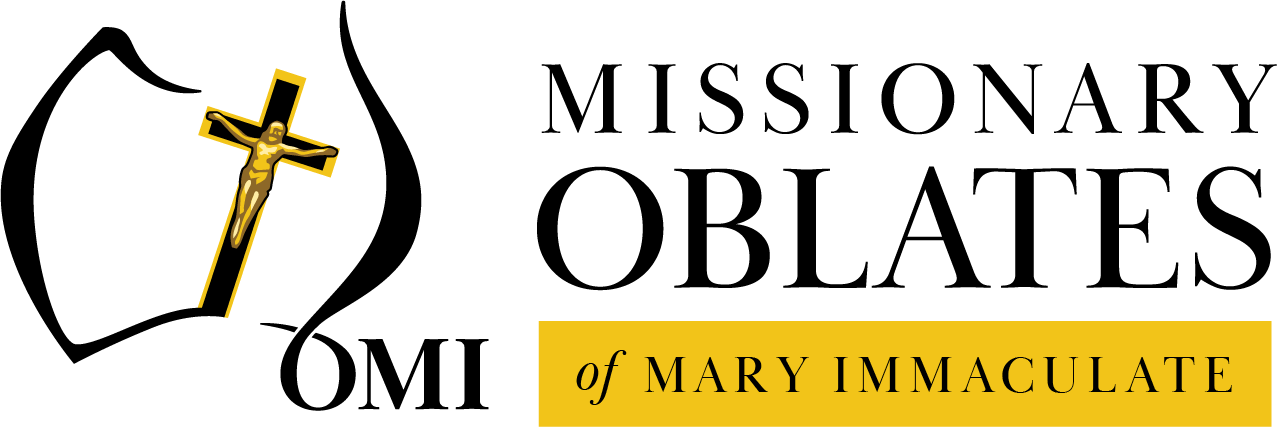Fr Daniel Szewc OMI. Doctor of Theology. University of Divinity, 2020
A Graduation Ceremony at the University of Divinity is usually a large impressive liturgical function. Each third year it takes place in either St Patrick’s (Catholic) Cathedral, St. Paul’s (Anglican) Cathedral or St. Michael’s (Uniting) Church in Melbourne and is led in prayer (a form of Evening Prayer or Evensong) by the respective Archbishop or Moderator of the Uniting Church. There is also the occasional graduation in Adelaide at St. Peter’s (Lutheran) College. The awarding of diplomas and degrees is then conducted by the Chancellor of the University. This year, the ‘lock-down’ regulations due to the Covid19 pandemic, meant that a scaled down form had to take place and it was conducted on Zoom: most participants sitting in their own home.
In these very ‘low key’ circumstances Daniel Szewc opted to graduate at the Adelaide ceremony this December rather than wait for the Melbourne graduation, usually early in the first semester. The Prayers were recited in St. Pater’s College Chapel with the Chancellor present: everyone else was in their own locality. Nonetheless it was a very moving ceremony and three graduands were invited to speak, among them Daniel, the only Doctoral candidate to graduate. Daniel paid gracious tributes to the University and its ecumenical ethos, his local campus (Catholic Theological College) and his supervisors, Professor Austin Cooper OMI and Dr Phillip Gleeson SDB. He found the whole experience ‘democratic’ in the sense of fostering a willingness to listen to various points of view.
It is also fitting to pay tribute to Daniel. The long hours of research required for a doctorate are rarely understood or appreciated. Daniel was among the several Oblates to have had to do all this while undertaking his usual pastoral responsibilities, the days of study leave for three years or more are for most a thing of the past. Yet despite his heavy work load, Daniel produced a very original analysis of the ministry of St. Eugene as a model for New Evangelization. This required a familiarity of the writings of the Founder along with placing them in the context of the times in which he ministered. Daniel produced a thesis with a quite original structure, involving a sympathetic reading of St Eugene and his ‘reading of the signs of (those) times’ and written in clear and elegant English prose. His work deserves the warm appreciation of his fellow Oblates and indeed of all who are concerned about preaching the timeless message of the Gospel in these times. Well done Daniel!

